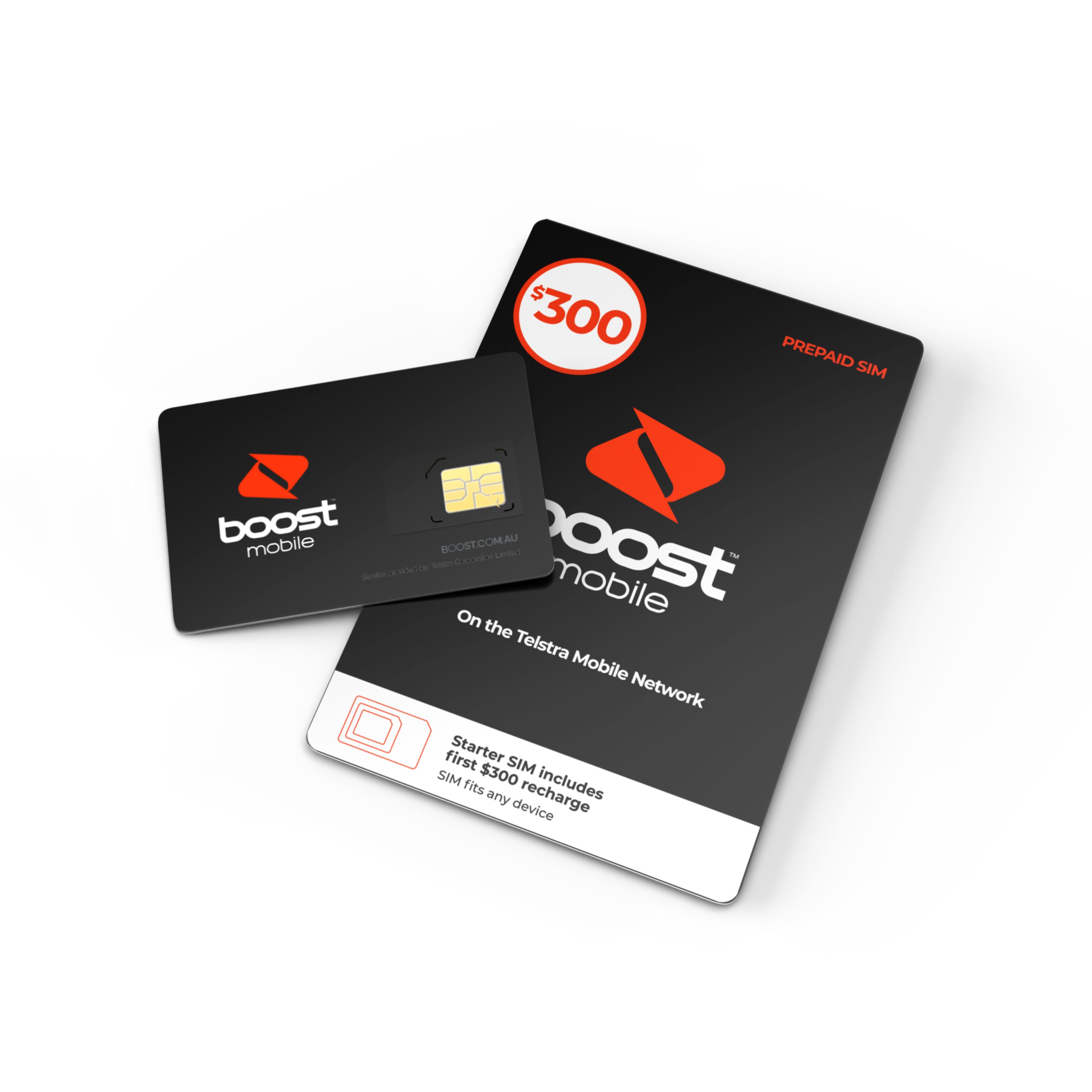A lack of understanding about Australia’s National Broadband Network is leading to an influx of scammers, taking unsuspecting consumers for a ride to the tune of half a million dollars this year so far.
The Australian Competition and Consumer Commission revealed today that losses to NBN related scams have already overtaken the total losses from 2018, and there’s three times as many going around.
One of the most common schemes involves calling a consumer and impersonating NBN Co or an internet service provider and gaining remote access to their computer to help solve a broadband issue. The scammers then can steal personal information including banking details.
Losses so far this year have topped $500,000, with an average of $110,000 lost each month between January and May.
The ACCC has received more than 4,700 reports of NBN scams this year, and unfortunately its our seniors (those over 65) who are being targeted the most; the lack of understanding of the NBN (and how things work in this area) has led to more than $330,000 being stolen from older Australians.
ACCC chair Delia Rickard urged consumers to double check the legitimacy of a caller if they approach saying they “work for the NBN”.
“Do a Google search or check the phone book to get your service provider’s number, don’t use contact details provided by the sales person,” Ms Rickard said in a statement on Monday morning.
NBN Co Chief Security Officer Darren Kane said NBN Co is a wholesaler and will never call ordering a consumer to give access to their computers.
How can you keep yourself (and your friends and family members) safe from this kind of scam? Follow these simple tips:
- NBNCo will never call you asking for access to your computer. If someone purports to be calling from NBNCo and asking for this, end the phone call – it won’t be legitimate.
- Almost certainly, your NBN provider will never call asking for this either. Know who your provider is, and if you receive a strange phone call or request, call your provider back on a known number (i.e. from their website) and seek clarification. If you’re with a certain provider, and some other provider calls you, ask questions – it’s probably not legit.
- Never give payment details over the phone to anyone unless you’ve called them – i.e. your provider’s publicised phone number. If someone does call you and ask for payment details, decline and advise you’ll call your provider back with details. If they argue, just hang up – your provider will never have a problem with this.
- Unless you’ve raised a query with your provider, they’re very unlikely to be calling you out of the blue, and you should verify that anyone purporting to be from your provider actually is. If at any time you feel unsure about who they are, end the call and by no means hand over any personal information.
- Most providers offer online methods to communicate directly with them – e.g. emails, ticket systems, and so on – use those for your own safety.




